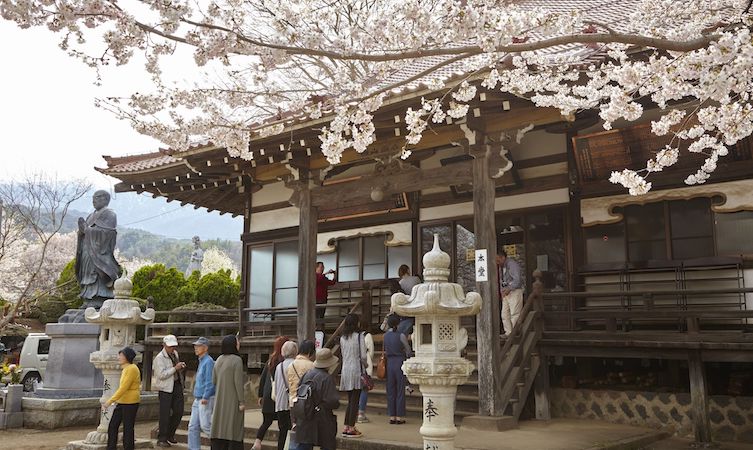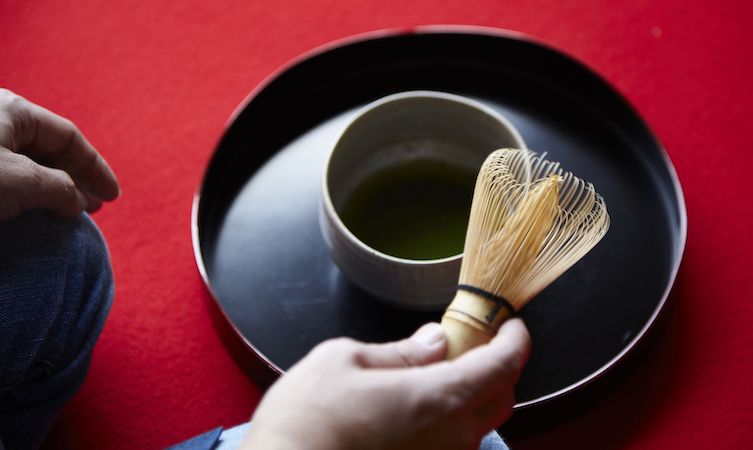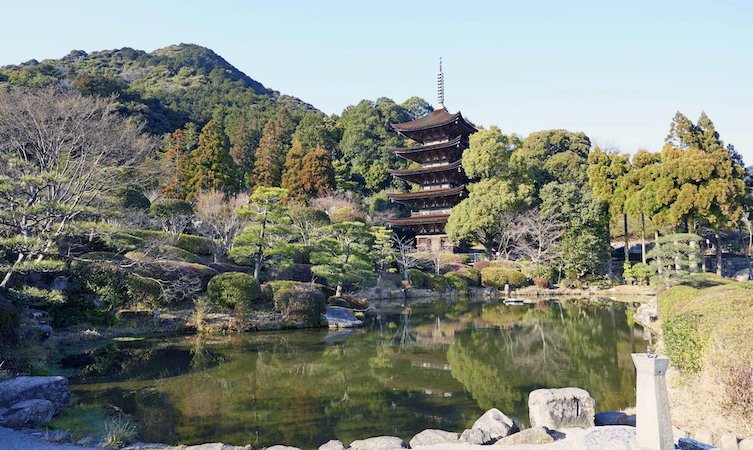In times of uncertainty, these ancient Japanese philosophies can help you find calm and control, writes Hazel Plush.
Quiet sitting
The Neo-Confucian philosophers of 17th-century Japan were remarkably ahead of their time. The mind is the master of the body, they said – and ‘quiet sitting’, or meditation, helps to restore calm. However, rather than meditating to ‘empty’ the mind, its practitioners aimed for ‘stillness’: they would be poised to re-engage with the world, with renewed energy and enthusiasm.
The lockdown lesson: If you are able, think of this time as an opportunity to reset – and give your over-active brain a break. Are you panic-scrolling on social media? Letting your work/life balance slip while working from home? A few little changes can really help clear your head.

Impermanence
Nothing lasts forever: everything is temporary. The ability to embrace impermanence – of the body, the world, and every aspect of life – is fundamental to Buddhist philosophy. Accept it, and you’ll find peace and wisdom. Things change, people change – and trying to fight it is futile.
The lockdown lesson: If you’re feeling overwhelmed, anxious, or just plain bored, remember that the situation isn’t permanent. And while we’re all craving a return to ‘normality’, things will never be quite the same as they were.
The ‘Way of Tea’
It’s the rhythm of the bamboo matcha whisk. The smooth woven pleats of the tatami mat. That first sip of hot, bitter tea from a fragile ceremonial cup. A matcha ceremony – also known as cha-no-yu, or the Way of the Tea – is rich in both cultural gravity and beauty. Even the tiniest gestures and items are significant, making the entire ritual a mindful and calming experience.
The lockdown lesson: Embrace the comfort of routine. Also, dig out that ‘only for dinner parties’ crockery: it’s time to give your cuppa a makeover.

Ikigai
Ikigai is all about finding joy in meaningful actions – rather than stressing about what you haven’t got, or picking fault in your current lot. Instead of just chasing material goals (wealth, a new car, etc), success is measured as balancing financial necessities with doing what you love, what you are good at, and what the world needs. Essentially, it’s your ‘reason for being’.
The lockdown lesson: We’ve all had to shift our priorities – putting community, health and friendship first. That’s a huge first step towards ikigai. So, which habits will you try to continue in the future, when lockdown is lifted?
Read more: 9 ways to get your Japanese culture fix at home
Kaizen
Perfection can only be attained after hard work and discipline – that’s the idea behind kaizen. Improvement is a continuous process: a life-long journey of honing techniques, fine-tuning efficiency, and striving for ultimate perfection. This philosophy underpins the Japanese approach to takumi (master craftsmanship), and is a key concept within Lexus’s own approach to innovation.
The lockdown lesson: If you’ve got the luxury of downtime, use it to make some plans. A little forward-thinking will make you feel in control of the future – and the lockdown will seem more constructive.




